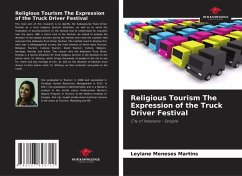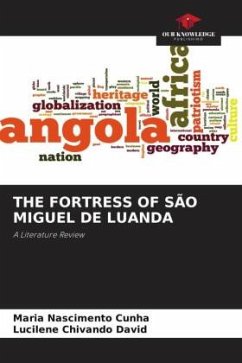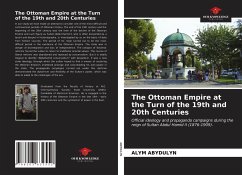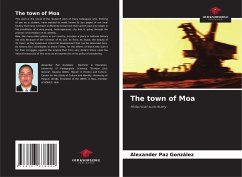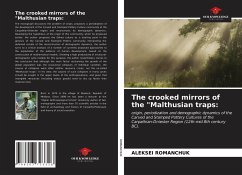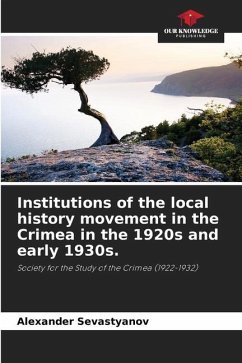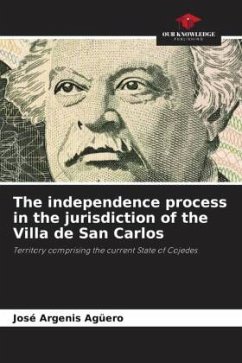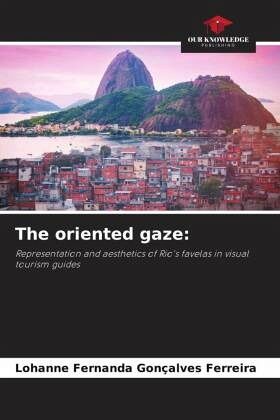
The oriented gaze:
Representation and aesthetics of Rio's favelas in visual tourism guides
Versandkostenfrei!
Versandfertig in 6-10 Tagen
29,99 €
inkl. MwSt.

PAYBACK Punkte
15 °P sammeln!
It is almost trivial to say that we live in an age of images. Tourism, as a consumer of spaces, appropriates visual resources to promote and sell tourist destinations. Based on this analogy, we seek to discuss the issue of the representation of the slums in the visual guides of tourism that are appropriated by tourists for orientation in the city. Based on the knowledge of representation, we seek to analyze how the favelas are represented as part of the aesthetic composition of the landscape of the city of Rio de Janeiro. As methodology, we seek the basis of semiotic theory, and organize our a...
It is almost trivial to say that we live in an age of images. Tourism, as a consumer of spaces, appropriates visual resources to promote and sell tourist destinations. Based on this analogy, we seek to discuss the issue of the representation of the slums in the visual guides of tourism that are appropriated by tourists for orientation in the city. Based on the knowledge of representation, we seek to analyze how the favelas are represented as part of the aesthetic composition of the landscape of the city of Rio de Janeiro. As methodology, we seek the basis of semiotic theory, and organize our analysis in two main strands. The first one refers to the written language that is presented in the guides and refers to the city's favela spaces. The second refers to the interpretation of the images in the guides, based on some established visual codes. We also appropriate some signs to point out how the favelas are represented in the official tourist map of the city of Rio de Janeiro.



